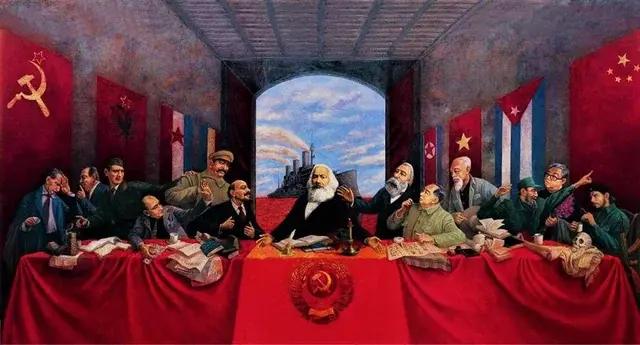Excerpt from the first part of the article (you can read the rest through the link up top):
Undocumented Migrants crossing into the United States disturb U.S. politics. Cuban migrants, part of the mix, hard-pressed like the others, but privileged, are provocative in their own way.
For many years and even now displaced Cubans are portrayed as victims of a brutal dictatorship and as recipients of “rescue” by freedom-loving Americans. Cubans who have special skills are often lured out of the country with promises of “the good life” in the U.S. and with the intent of hurting Cuba as it loses people with skills needed at home.
Changing U.S. regulations and new migration patterns highlight the anomaly of special U.S. dispensation for migrating Cubans.
U.S. district judge Drew Tipton on March 8 ruled that migrants from Cuba, Venezuela, Nicaragua, and Haiti may enter the United States via humanitarian parole. The plaintiffs had been 21 Republican-governed states that had unsuccessfully claimed that immigrants enabled by humanitarian parole required services they could not pay for.
Under humanitarian parole, a program the Biden administration announced on January 6, 2023, migrants entering from those four countries are assured of legal residence for two years – renewable at that point – and a work permit.
Humanitarian parole is limited to 30,000 immigrants arriving every month from the four countries. Migrants need sponsors in the United States.
Instituted under the Immigration and Nationality Act of 1952, the program allowed entry into the United States of refugees from the former Soviet Union, Afghanistan, Ukraine, and other countries. This time, 138,000 Haitians, 86,000 Venezuelans, 58,000 Nicaraguans, and 74,000 Cubans – a total of 357,000 migrants –entered via humanitarian parole as of February 2024.
The would-be migrants from the four countries travel by air to ports of entry inside the United States, pass quickly through immigration screening, and proceed to new homes. Before leaving their home country or a third country, they had found sponsors, presented documentation to U.S. immigration officials, and been approved– all via the Internet.
An analyst claims that “Combined with the other parole process at the U.S.-Mexican border …, parole has transformed most migration from [the four] countries from mostly illegal to mostly legal in less than a year.” And, “This policy has transformed migration to the United States. By July 2023, parole had already redirected about 316,000 people away from long, perilous treks through Mexico.”
The Biden administration adopted the parole system in part because of difficulties associated with repatriating migrants from the four countries. They stemmed from a U.S. lack of full diplomatic relations and repatriation agreements with those countries. Normal relations with Mexico and the northern Central American countries allow for more convenient U.S. handling of refugees from those countries.
Humanitarian parole came into effect after the administration’s repeal of Title 42, its role having been to exclude migrants because of health risks. Many migrants saw an opening and attempted a border crossing. But many of those from the four countries opted for humanitarian parole.




